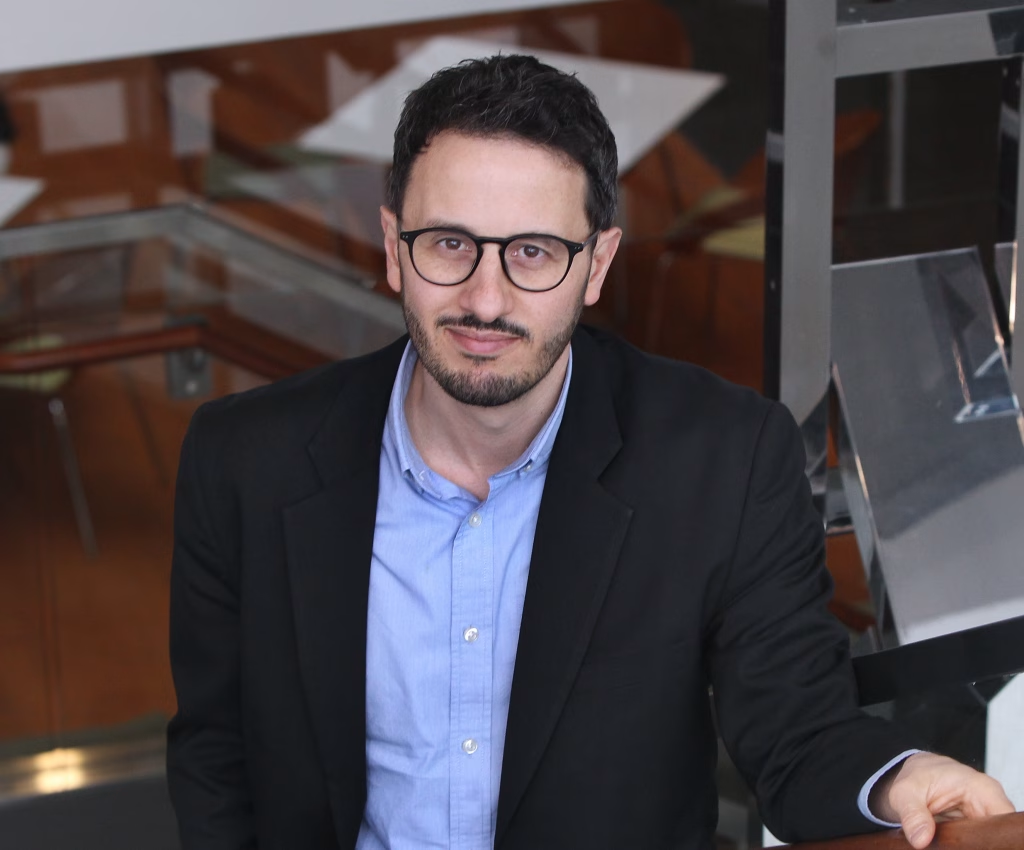March 13, 2025
@
12:00 PM
–
1:00 PM
Thursday, March 13
12:00 – 1:00pm
ERB 106
Remote Participation: Please contact office@ep.wisc.edu for the Zoom link.
Title: Reducing Global Nuclear Risks Through Science, Engineering, and Policy
Abstract: Global nuclear risks—including nuclear weapons use, proliferation, and arms racing—are growing amid renewed geopolitical tensions. Addressing these challenges requires an interdisciplinary framework that integrates scientific modeling, engineering innovation, and policy analysis. In this talk, I will discuss how nuclear weapon effects modeling and verification technologies can guide risk-reduction strategies. I will present recent work using atmospheric transport and dispersion methods to model fallout from nuclear explosions—including historical tests like Trinity—and assess the humanitarian and environmental consequences of nuclear war. I will also highlight how integrating radiation detection, remote sensing, and cryptographic protocols can overcome verification challenges and enable new strategic arms control initiatives. Finally, I will outline a research agenda integrating space-based sensors and robotics to enhance nuclear safeguards and monitoring as well as advancing engineering level-code to support the safe deployment of fusion energy and next-generation nuclear technologies.

Speaker: Sébastien Philippe, Princeton University
Bio: Dr. Sébastien Philippe is a Research Scholar and Co-Principal Investigator at Princeton University’s Program on Science and Global Security (SGS), where he develops technical solutions to assess and reduce nuclear weapon risks. He earned his Ph.D. in Mechanical and Aerospace Engineering from Princeton and completed his postdoctoral training at Harvard. Before his academic career, he worked as a nuclear weapon system safety engineer for the French Ministry of Armed Forces. Dr. Philippe is the author of an award-winning book on the legacy of French nuclear testing in the Pacific, as well as two dozen peer-reviewed publications and major technical and policy reports on fissile materials and nuclear weapons issues. He regularly briefs policymakers and speaks at the United Nations, where he currently serves as a scientific advisor. His work has been featured in The New York Times, CNN, Science, Nature and other major media outlets worldwide. This year, Dr. Philippe is receiving the 2025 Joseph A. Burton Forum Award from the American Physical Society, recognizing “outstanding contributions to the public understanding and resolution of issues at the interface of physics and society.”
This seminar is presented by the Institute for Nuclear Energy Systems and the Nuclear Engineering & Engineering Physics Department.